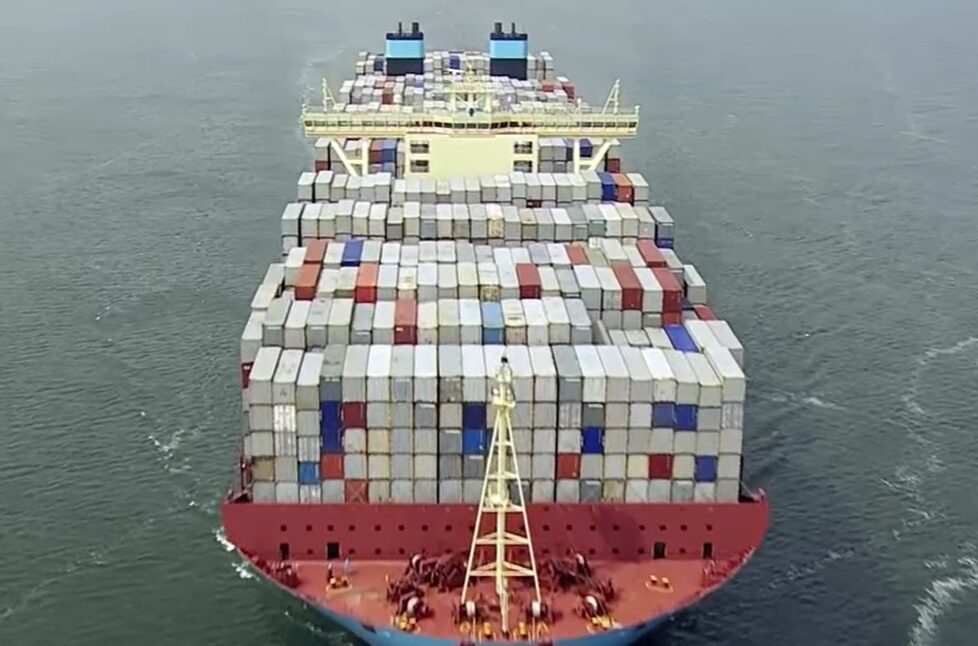International Agreement Reached to Cut Shipping Emissions to Net Zero “Around” 2050

The International Maritime Organization (IMO), the 175 member state UN agency responsible for developing global standards for shipping, announced today the adoption of “the 2023 IMO Strategy on Reduction of GHG Emissions from Ships,” including new goals to reach net zero emissions from international shipping “by or around” 2050, and to ensure the uptake of low GHG emission fuels by 2030.
Maritime shipping accounts for around 3% of global greenhouse gas emissions, and are on track to roughly double by 2050 under most economic scenarios. Shipping emissions are also among the most difficult to address, with a need to develop and implement low emissions fuels, infrastructure and technologies in order to significantly reduce the sector’s climate footprint.
The new agreement marks a significant increase over the IMO’s prior 2050 goal of a 50% emissions reduction from shipping.
IMO Secretary-General Kitack Lim said:
“The adoption of the 2023 IMO Greenhouse Gas Strategy is a monumental development for IMO and opens a new chapter towards maritime decarbonization. At the same time, it is not the end goal, it is in many ways a starting point for the work that needs to intensify even more over the years and decades ahead of us. However, with the Revised Strategy that you have now agreed on, we have a clear direction, a common vision, and ambitious targets to guide us to deliver what the world expects from us.”
In addition to the net zero goal, the new strategy included a series of interim targets, including a 20% reduction, “striving for 30%,” by 2030, and a 70% reduction, “striving for 80%,” by 2040, on a 2008 basis. The strategy also set an ambition for at least 5%, “striving for 10%” of the energy used by international shipping to be zero or near-zero GHG emissions technologies, fuels or energy sources.
The new strategy also included plans to develop a series of measures aimed at delivering the new emissions reduction targets, including a marine fuel standard to regulate the phased reduction of marine fuel GHG intensity, and an emissions pricing mechanism.
While welcoming the sector’s increased ambition, environmentalEnvironmental criteria consider how a company performs as a steward of nature. More groups criticized the new IMO strategy as not being strong enough to support global climate goals.
Mark Lutes, Senior Global Climate Policy Advisor at WWF International, and head of the WWF delegation at the IMO, said:
“Disappointingly, the shipping industry regulator has left the sector with targets and measures off course for emissions reductions at the scale and pace needed. But voluntary actions, along with ambitious mandatory measures to be agreed by the IMO over the next 2 years, can help close the gap. Shipping firms must now take the initiative and adopt science-based targets that put them on track for zero-emission shipping by 2050.”
The post International Agreement Reached to Cut Shipping Emissions to Net Zero “Around” 2050 first appeared on ESG Today.
The post International Agreement Reached to Cut Shipping Emissions to Net Zero “Around” 2050 appeared first on ESG Today.